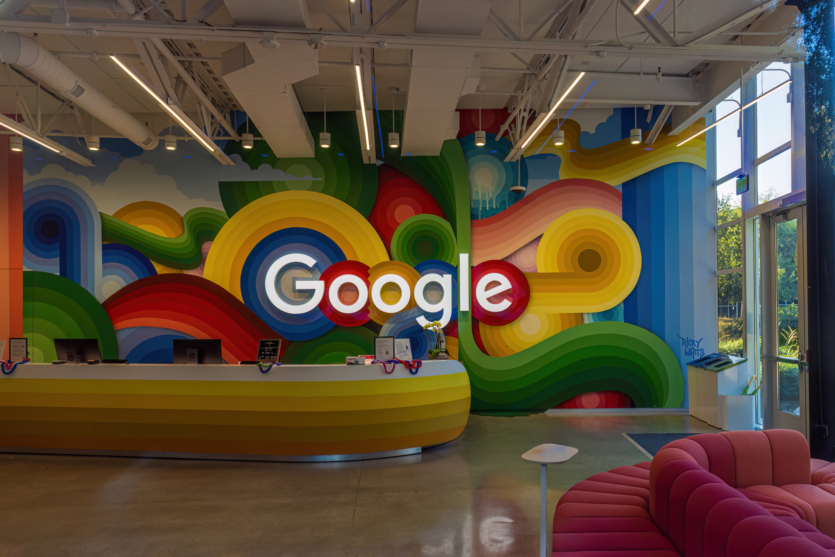
Google and its parent company Alphabet can breathe a sigh of relief. A federal antitrust judge has rejected some of the most radical measures that the US Department of Justice had proposed to remedy Google’s illegal monopolistic behavior.
As a reminder, back in September 2023 The US Department of Justice has filed a lawsuit against Google in Washington, accusing the company of anti-competitive practices. In particular, Google was reinforcing its status as the default search engine in browsers and on smartphones by making significant payments to partners such as Apple. State attorneys general simultaneously pursued antitrust cases, focusing on Google’s advertising business and exclusive agreements.
In 2024, federal district court judge Amit Mehta found that Alphabet violates antitrust laws through Google, maintaining an illegal monopoly in the search industry. This was followed by a court hearing on remedial measures, which ended in early May 2025. The Ministry of Justice demanded from the court to order Alphabet to sell the Chrome browser and its related open-source project Chromium, even citing potential buyers such as Yahoo, OpenAI, and Perplexity.
Alphabet, in turn, insisted that the sale of Chrome could jeopardize the privacy and security of users, as Google’s technology is deeply integrated into the browser.
The judge’s decision
The judge has now banned Google from entering into exclusive agreements that try to prioritize the promotion of Google’s search engine on other platforms. In addition, Google will have to share data with competitive search engines. The Ministry of Justice demanded that Google provide data on how it decides which results to show for a particular query.
Google has the right to make payments and offer “other incentives” to partners for pre-installing or hosting Google Search, Chrome and Gemini.
However, the judge did not order Google to sell Chrome or the Android OS, calling the government’s request “excessive.” Importantly, Google may continue to pay for the distribution of its products, including search and AI offerings, as long as these agreements do not become exclusive.
Judge Mehta noted that generative AI chatbots are becoming a “new competitive threat” to Google. Therefore, his ruling is aimed at ensuring that Google’s dominance in search does not extend to the AI sphere.
Google can continue to pay Apple about $20 billion a year to place its search in the Safari browser. However, this deal will no longer be exclusive, potentially reducing the cost.
Google has already announced its intention to appeal the court’s decision, especially in terms of mandatory data sharing with competitors.
Perplexity AI offer
In August, Perplexity AI has made an offer to buy Chrome for $34.5 billionalthough Google did not seriously consider it. Interestingly, Perplexity itself is estimated to be worth about $18 billion. To sweeten the deal, Perplexity AI offered Google to keep the Chromium project open.
Although the exact corporate value of Chrome is unknown, recent estimates have ranged from $20 to $50 billion.
Further court cases
Alphabet is still awaiting a trial regarding Google’s advertising business, where the company was found liable for an illegal monopoly.
Alphabet is also facing antitrust consequences in the Epic v. Google case, where a federal jury found in December 2023 that Google holds a monopoly on the distribution of Android applications and in-app payments.
Source: wccftech, macrumors

Spelling error report
The following text will be sent to our editors: